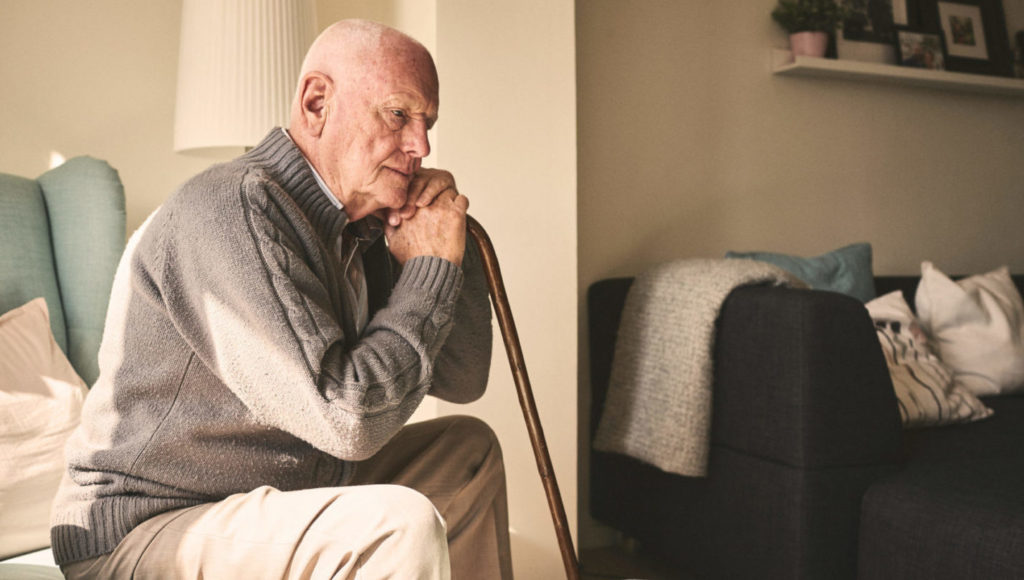
Religious nursing homes are less likely to undergo complaint-driven inspections despite being found to have more severe violations due to traditional norms that may prevent residents from reporting violations, Yale researchers found.
“Any home where, for whatever reason, there might be a strong common identity or strong peer-monitoring dynamics would be prone, according to our theory, to residents complaining less about the issues they are experiencing,” Amandine Ody-Brasier, study co-author and an associate professor of organizational behavior at Yale School of Management, said.
Ody-Brasier on Thursday detailed the findings from her team’s March study which explored the relationship between an organization’s religious affiliation and wrongdoing in nursing homes. The team used inspection data from U.S. nursing homes over a five-year period.
They found violations of standards of care were more severe in religious nursing homes. Specifically, religious nursing homes faced a 13% lower risk of complaint-driven inspections and experienced a 15% longer time between any two complaints when compared to non-religious nursing homes.
“We track this difference to a reduction in the likelihood that organizational members file complaints rather than poorer behaving caretakers or differential treatment by enforcement agents,” Ody-Brasier and co-author Aharon Mholiver wrote in the study. “Fewer complaints increase the time that religiously-affiliated homes operate without monitoring, which allows violations to escalate before they are detected.”
Ody-Brasier on Thursday said the findings show that the organizational structure of the facilities “can create strong internal identities, potentially making complaints to regulators less likely.”
A spokeswoman for LeadingAge, which represents many religious, mission-based operators, said on Thursday that every nursing home should be a place where “any of us would be comfortable living — or have a family member stay — if we needed the level of 24/7 care that they provide.” That starts with better oversight.
“Nursing homes should provide top-quality person-centered care, delivered by qualified staff, in a physical setting that reinforces the dignity and well-being of residents, so they can lead lives of purpose. LeadingAge has long supported oversight of providers to assist chronic poor performers to improve, change management or close,” the spokeswoman told McKnight’s Long-Term Care News.
“As [a] recent [national] study reports, the current system of financing, oversight and support for nursing homes is ‘ineffective, inefficient, fragmented, and unsustainable.’ Accountability of nursing homes must be strengthened with implementation of evidence-based oversight,” she added. “Our country needs an effective regulatory system that harnesses the science of quality improvement — supporting and rewarding high-quality care, and closing high-risk nursing homes that cannot improve.”





